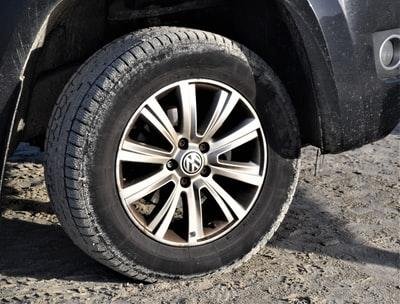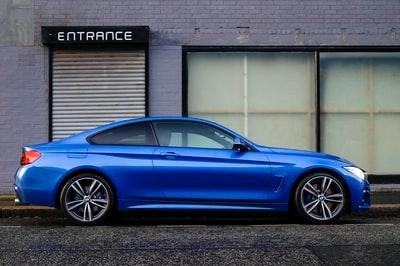Wheels are very important for a car. They are what keep the car moving and allow it to turn, so they need to be kept in good condition in order to keep the car safe. Traditional wheels are made of steel, but many modern wheels are made of alloy metals instead, such as aluminum and magnesium. Continue reading to learn more about the benefits of alloy wheels over steel wheels.
Increased Durability
Table of Contents

Alloy wheels are made of aluminum and other metals, which makes them stronger and more durable than traditional steel wheels. This is because alloy metals are non-ferrous, which means that they are not magnetic and thus corrosion-resistant. Steel wheels, on the other hand, are magnetic, so they can rust even if they are properly maintained. Alloy wheels are also less likely to deform than traditional steel wheels and can look good and function well for many years.
Lighter
Alloy wheels are more lightweight than steel wheels and subsequently have a better strength-to-weight ratio. This means that they can take more punishment without sustaining damage. The extra weight of steel wheels can slow a car down, so if you are looking to improve your ride quality and speed, alloy might be the best choice.
Better Performance

Because alloy wheels are lighter than traditional steel wheels, they usually provide better braking performance and handling. This is because the lighter weight allows the wheels to spin more freely, providing more traction and stopping power for quicker response times and improved acceleration. This means that your car will be able to handle bumps and potholes in the road better, making your ride smoother and more comfortable. Alloy wheels also provide a more stable and rigid platform for the car to move around on. Finally, the light weight and strength of the alloy metal make alloy wheels less likely to deform when braking, meaning that you have more consistent stopping power. They are also less likely to overheat and warp when driving quickly so that you can take those tight corners with ease.
Easier To Clean
Alloy wheels tend to be easier to clean and maintain than traditional steel wheels. There is no need for regular polishing or chrome plating, as alloy wheels do not corrode or rust. In fact, a good quality alloy wheel can last for many years without any noticeable deterioration.
More Cost-Effective

Alloy wheels are usually cheaper than steel wheels, especially in the long run. Steel wheels are heavier than alloy wheels, which means that they require more energy to move and can wear out your car’s brakes more quickly, resulting in more frequent and expensive car repairs. Steel wheels are also more susceptible to corrosion, which can lead to damage that requires costly repairs. Alloy wheels are less likely to corrode, meaning that they will last longer and require less maintenance, and their light weight will result in less damage over years of daily use.
Safer
Alloy wheels are also safer than steel wheels. They provide better traction on the road, helping you to stay in control of your car during difficult driving conditions. This can be especially important in the winter when snow and ice can make the road surface slippery. Further, because alloy wheels are corrosion-resistant, there is a reduced chance of rust causing a dangerous tire blowout while driving.
More Aesthetic

Alloy wheels are not only more efficient and durable but also look great and can enhance the overall appearance of your car. There are many different designs and finishes to choose from, so it’s easy to find a set of alloy wheels that will complement the look of your vehicle.
If you’re thinking about investing in a new set of alloy wheels, speak with a wheel professional to get started and find the best wheels for your car.

